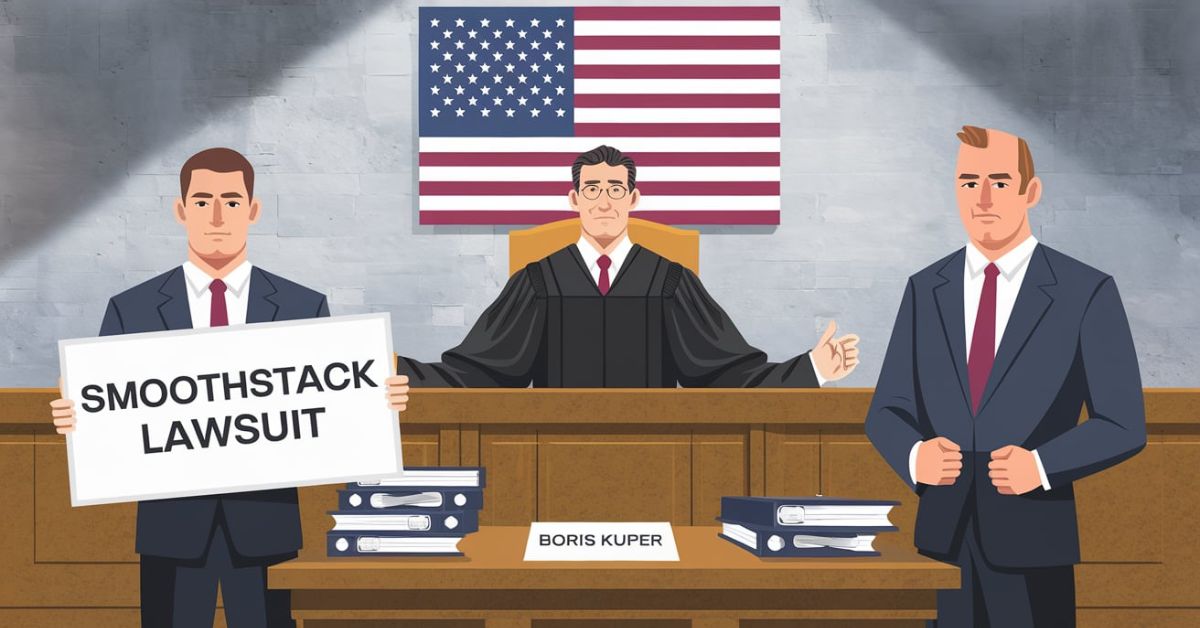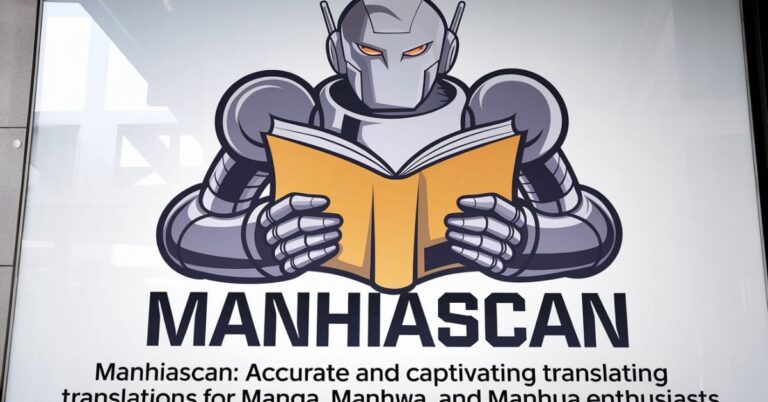Smoothstack Lawsuit: A Comprehensive Overview
The “Smoothstack lawsuit” has gained considerable attention in recent years, primarily due to the allegations levied against Smoothstack Inc. and its co-founder, Boris Kuiper. The lawsuit accuses the company of engaging in unlawful business practices that allegedly trap workers in exploitative conditions. This article aims to provide an in-depth analysis of the Smoothstack lawsuit, exploring the details of the case, legal ramifications, and broader industry implications. We’ll also provide insights and interpretations that go beyond surface-level summaries to offer a comprehensive understanding of the issue.
What Is Smoothstack?
Smoothstack Inc. is a company that operates within the IT staffing and consulting industry. It recruits recent graduates and those new to IT careers, offering a pathway to enter the tech industry through training programs and client placements. On the surface, Smoothstack promises to help individuals start their careers by placing them in real-world IT jobs after undergoing specialized training.
However, the company’s business model has faced scrutiny, leading to the filing of the “Smoothstack lawsuit,” which alleges that its practices exploit vulnerable workers, trapping them in unfavorable conditions that limit their career mobility.
The Smoothstack Business Model: How It Works
Before diving into the lawsuit, it’s important to understand how Smoothstack operates. The company primarily recruits individuals, often fresh graduates or people looking to change careers, and offers them training programs that are intended to make them more employable in the IT sector. After completing the training, participants are placed in positions with clients of Smoothstack.
Training and Employment Contract
One key aspect of the Smoothstack model is the contractual agreement that participants are required to sign before starting their training. This contract allegedly binds them to work for Smoothstack for a set period, usually around two years. While this is not unusual in the staffing and training industry, the lawsuit argues that these contracts contain exploitative clauses that limit participants’ ability to leave the company or seek better opportunities elsewhere.
The “Smoothstack lawsuit” alleges that these contracts are akin to modern-day indentured servitude, trapping workers in jobs with little to no freedom of movement.
What Is the Smoothstack Lawsuit?
The lawsuit against Smoothstack Inc. and its co-founder Boris Kuiper centers around allegations of illegal and unethical business practices. It accuses the company of intentionally creating a system that exploits workers, particularly those new to the IT field, by locking them into restrictive contracts and underpaying them.
Key Allegations in the Smoothstack Lawsuit
The main allegations in the Smoothstack lawsuit include:
- Exploitive Contracts: The lawsuit claims that Smoothstack’s contracts contain provisions that make it difficult for employees to leave the company or pursue other job opportunities. These provisions often include significant financial penalties for leaving the company before the contractual period ends.
- Underpayment: Another major claim in the lawsuit is that Smoothstack underpays its workers. While the company charges its clients standard industry rates for IT services, the lawsuit alleges that the employees performing the work receive a fraction of that pay, with Smoothstack pocketing the difference.
- Misrepresentation of Opportunities: The lawsuit also accuses Smoothstack of misleading recruits about the nature of the opportunities available to them. According to the plaintiffs, the company promises high-paying jobs with leading companies but ultimately places them in lower-paying roles with limited growth potential.
- Violation of Employment Laws: Perhaps the most serious allegation is that Smoothstack has violated various employment laws, including wage and hour laws, by failing to pay employees adequately for the work they perform. The lawsuit seeks damages for these alleged violations, including back pay for affected workers.
Smoothstack’s Response to the Lawsuit
In response to the lawsuit, Smoothstack Inc. and its legal team have denied the allegations, asserting that their business model is entirely legal and fair. They argue that the contracts employees sign are standard within the industry and that all participants are fully informed of the terms before agreeing to them. Smoothstack also claims that their training programs provide valuable skills and that the lawsuit is an unfounded attack on a legitimate business model.
While the case is ongoing, the lawsuit has sparked widespread debate about the ethics of companies like Smoothstack that operate in the tech staffing industry. Supporters of the plaintiffs argue that the lawsuit is necessary to protect workers from exploitative practices, while supporters of Smoothstack contend that the company is providing valuable opportunities to individuals trying to break into the competitive tech field.
Legal Ramifications and Broader Industry Implications
The outcome of the Smoothstack lawsuit could have significant implications for the IT staffing industry as a whole. If the plaintiffs succeed, it could lead to stricter regulations and oversight of companies that offer training and staffing services. This could potentially reshape the way these companies operate, particularly with regard to the contracts they use and the wages they pay their employees.
Potential Impact on IT Staffing Companies
Should Smoothstack lose the lawsuit, other IT staffing firms may also come under scrutiny, particularly those that employ similar business models. A ruling in favor of the plaintiffs could set a legal precedent, encouraging more workers to file lawsuits against companies they believe are engaging in exploitative practices.
Worker Rights and Protections
At the heart of the Smoothstack lawsuit is the question of worker rights and protections. If the plaintiffs are successful, it could lead to greater awareness of the rights that employees have, particularly with regard to wage and hour laws and the fairness of employment contracts. This could result in stronger protections for workers in similar industries.
Understanding Employment Contracts in the IT Industry
One of the key issues raised in the Smoothstack lawsuit is the use of employment contracts that restrict workers’ ability to leave the company or seek other job opportunities. While it is common for staffing companies to use contracts to protect their investments in training and placement services, the allegations in this case suggest that some contracts may go too far.
Non-Compete and Non-Solicitation Clauses
Many IT staffing contracts include non-compete and non-solicitation clauses that prevent employees from working for competitors or recruiting clients away from the company. In some cases, these clauses can be necessary to protect a company’s business interests. However, the Smoothstack lawsuit argues that the company’s contracts are overly restrictive, making it difficult for employees to advance in their careers or seek better opportunities.
Financial Penalties for Breaking Contracts
Another contentious issue in the Smoothstack lawsuit is the financial penalties imposed on employees who attempt to break their contracts early. According to the plaintiffs, these penalties can be so steep that workers feel trapped in their jobs, unable to leave even if they find better opportunities elsewhere.
Smoothstack’s Training Programs: Are They Worth It?
One of the main selling points of Smoothstack is its training programs, which are designed to equip participants with the skills they need to succeed in the IT industry. However, the lawsuit raises questions about the quality and value of these programs.
Do Smoothstack Trainees Get Real Value?
The plaintiffs in the Smoothstack lawsuit argue that the training programs do not provide participants with the skills or opportunities they were promised. While the company advertises its training as a pathway to high-paying IT jobs, the lawsuit claims that many trainees are placed in low-level positions that do not reflect the training they received.
Analysis and Insights: Going Beyond the Basics
The Smoothstack lawsuit raises important questions about the balance between providing opportunities for workers and protecting them from exploitation. While staffing companies like Smoothstack can offer valuable services by helping people gain skills and enter competitive industries, it is crucial that these companies operate ethically and in compliance with employment laws.
Balancing Business Interests and Worker Rights
One of the key challenges in cases like the Smoothstack lawsuit is finding the right balance between a company’s legitimate business interests and the rights of its workers. While staffing companies need to protect their investments in training and placement, they must also ensure that their employees are treated fairly and compensated appropriately for the work they do.
Ethical Implications for the IT Industry
The Smoothstack lawsuit highlights broader ethical concerns within the IT staffing industry. As companies continue to rely on staffing firms to fill technical roles, it is essential that these firms operate transparently and fairly. If staffing companies are found to be exploiting their workers, it could damage the reputation of the entire industry and lead to increased regulation.
FAQs About the Smoothstack Lawsuit
1. What is the Smoothstack lawsuit about?
The lawsuit alleges that Smoothstack Inc. and its co-founder Boris Kuiper engaged in unlawful business practices by trapping workers in exploitative contracts, underpaying them, and misrepresenting job opportunities.
2. Who filed the lawsuit against Smoothstack?
The lawsuit was filed by a group of former employees who claim that they were exploited by Smoothstack through restrictive contracts and unfair wages.
3. What are the key allegations in the lawsuit?
The main allegations include the use of exploitative contracts, underpayment of workers, and violation of employment laws related to wages and hours worked.
4. Has Smoothstack responded to the lawsuit?
Yes, Smoothstack has denied the allegations and claims that its business model is legal and fair. The company argues that its contracts are standard within the industry and that employees are fully informed of the terms before signing.
5. What could be the potential impact of the lawsuit?
If the plaintiffs win the case, it could lead to increased scrutiny and regulation of IT staffing companies. It could also raise awareness of worker rights and protections, particularly in industries that rely on staffing firms.
6. Are Smoothstack’s training programs effective?
While Smoothstack advertises its training programs as a pathway to high-paying IT jobs, the lawsuit alleges that many participants are placed in low-level positions that do not reflect the training they received.
Conclusion
The Smoothstack lawsuit shines a spotlight on the practices of IT staffing firms and raises important questions about worker rights and the ethics of business models that rely on restrictive contracts. While the outcome of the lawsuit is still pending, it has already sparked a broader debate about how companies in the tech staffing industry should operate. Whether you are an IT professional considering a career with a staffing firm or someone interested in the legal ramifications of employment practices, the Smoothstack lawsuit offers valuable insights into the challenges and opportunities facing workers in today’s economy.






